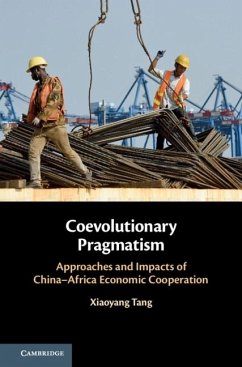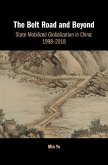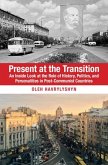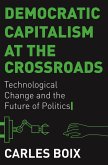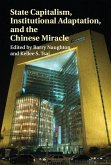China-Africa economic tie has experienced lasting rapid growth since the 2000s, attracting lots of discussion on its nature and effects. A key question is whether Chinese engagements provide an alternative paradigm to existing mainstream models, like Washington Consensus, for developing countries. However, theories on state-market dichotomy can hardly explain the strong momentum of bilateral cooperation. By examining a broad range of practices with solid field research, including trade, infrastructure, agriculture, manufacturing, industrial zones, labor and socio-environmental preservation, this book proposes a new angle of non-linear circular causality to understand Chinese approaches to work with Africa. Guided by the pursuit for sustainable growth rather than by specific models, Chinese actors are able to experiment diverse methods to foster structural transformation in Africa. In particular, the author carefully records mutual influences between Chinese and African stakeholders at all levels, from grassroots to policy making, to illustrate the effects of coevolving industrialization.
Dieser Download kann aus rechtlichen Gründen nur mit Rechnungsadresse in A, B, BG, CY, CZ, D, DK, EW, E, FIN, F, GR, HR, H, IRL, I, LT, L, LR, M, NL, PL, P, R, S, SLO, SK ausgeliefert werden.

